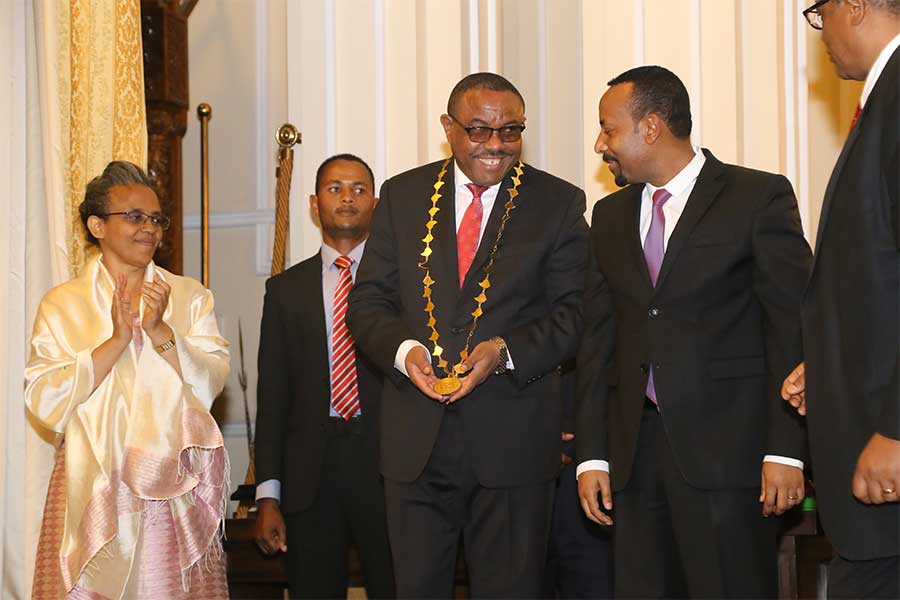
News Analysis | Jan 05,2020
Feb 8 , 2020
By Shewangezaw Seyoum
The political reform, as the sociopolitical and economic changes under Prime Minister Abiy Ahmed’s (PhD) administration have popularly been known, has arguably already run out of steam. A year of political setbacks and conflicts appear to have left us with a reform that ignited for a while only to fade away soon just like all the ones that came before.
The need for reform had long been apparent in sub-Saharan Africa’s oldest nation. As Ethiopia opened its doors at the advent of the 20th century, a few Ethiopians toured overseas or studied abroad and instigated reform efforts. They wanted the country to modernise and democratise.
The early intellectuals differed in where they wanted to see Ethiopia and which path they believed should be followed. No matter, they still wanted to see change.
Later, the student movements of the late 1960s and early 1970s disrupted Ethiopian politics in a radical way. These two generations differed in their outlooks and points of view but both sought the betterment of the nation and its people.
The pioneers had to work inside a repressive system. Thus political and social change was confined to persuading the ruling classes to change. The student movements were much more aggressive. They rejected feudalism entirely and were inspired by Marxism. They fought to the bitter end and were able to play a leading role in the downfall of the Solomonic Dynasty.
What then ensued was a chance to bring about democratic order. Nonetheless, the lack of a political settlement by the various organised political groups - almost all of them leftist organisations - culminated in the Dergue, a military junta, closing off the political space.
While in the beginning the Derguegave the impression of wanting democratisation, it soon became clear that it was unwilling to share power and used the state’s machinery to get rid of the opposition. Ethiopians, as a result, had to endure 17 years of a brutal military dictatorship that showed its true colours during its Red Terror campaign.
The Derguenot only suppressed political freedom and liberties but pursued poor macroeconomic policies as well. If the military junta had inherited a country with great promises of economic development, it left it in a completely disorganised state. Perhaps the greatest politico-economic legacies of the Derguewere the famine of the early to mid-1980s and the complete decimation of the private sector.
The collapse of national political parties during that time paved the way for regional and ethnic forces that waged a successful armed struggle against the regime. Having defeated the Dergue, a coalition of rebel forces inspired by leftist ideologies staged a political transition which in hindsight was not inclusive.
The new inheritors of the Ethiopian state notably introduced a constitution that was steadfast in its protection of human and political rights. It also crafted economic and political reform programmes that touted the strengthening of a market economy, in certain sectors, and the decentralisation of decision-making structures.
These actions gave hope that while the EPRDF might not be democratic at the outset, it would evolve into one. Nonetheless, as the decades went by, the party moved to strengthen its own position within the political space instead of backing multiparty democracy. The party even put in place legislation that could be interpreted so liberally that they were used to criminalise dissent effectively.
There was good news in the economy. The nation had high gross domestic product (GDP) growth rates, but the successes were limited and soon ran out of steam as well. Economic development projects were implemented in such a way that it favours certain segments of society. Graft and embezzlement started to become strongly associated with the government, while success in employment, good governance and equitable wealth distribution were reversed. In the end, popular unrest born out of these frustrations by the youth forced the ruling coalition to make way for new leadership.
To be fair, Abiy inherited a nation that was deeply ill. Like most that came before him, he also took measures that had a democratic ring to them. He set out with a basic organising idea, Medemer, to ameliorate the debilitating and self-sabotaging behaviour of Ethiopian elites. All seemed to run smoothly until various interests started to clash with one another.
Interestingly, the administration’s greatest failure is in peace and security, an area Abiy’s career started in. His administration has been unable to arrest the breakdown of the rule of law. Now, it is also being accused of lacking the transparency that Abiy once liked to preach about.
The jury is still out. Only time will tell if this reform will succeed or not. His administration might yet impress and surprise us in its conduct during the elections that have been tentatively set for August.
But one thing is clear. The current problem is not random. It has been tried before, but the chances of success were from the outset very limited. The opposition, after banding together to unseat the incumbents, then went for each others’ necks. They never sat around a table and negotiated a political settlement. They all saw themselves as winners and refused to compromise and share power.
Reform involves a complex process of institutional, structural and behavioural changes. While there have been attempts made in some areas, behavioural and attitudinal changes have not received the attention they deserve. As a result, some even among the general public do not seem to understand democratic norms and duties. This is why an informed public is necessary. Otherwise, we will yet again fall prey to the various political actors dead set on taking advantage of the void.
PUBLISHED ON
Feb 08,2020 [ VOL
20 , NO
1032]


News Analysis | Jan 05,2020

Sunday with Eden | Nov 29,2020
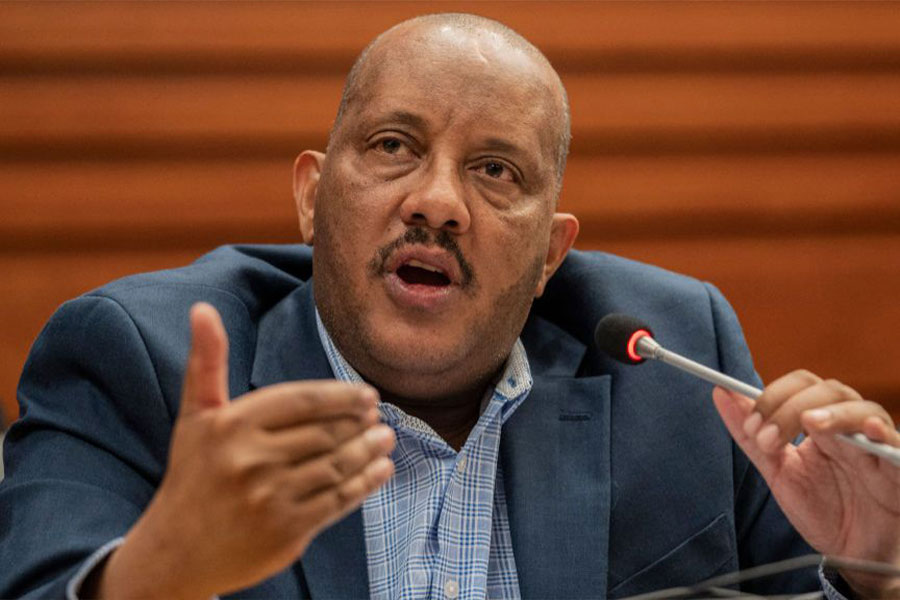
Verbatim | Apr 13, 2025
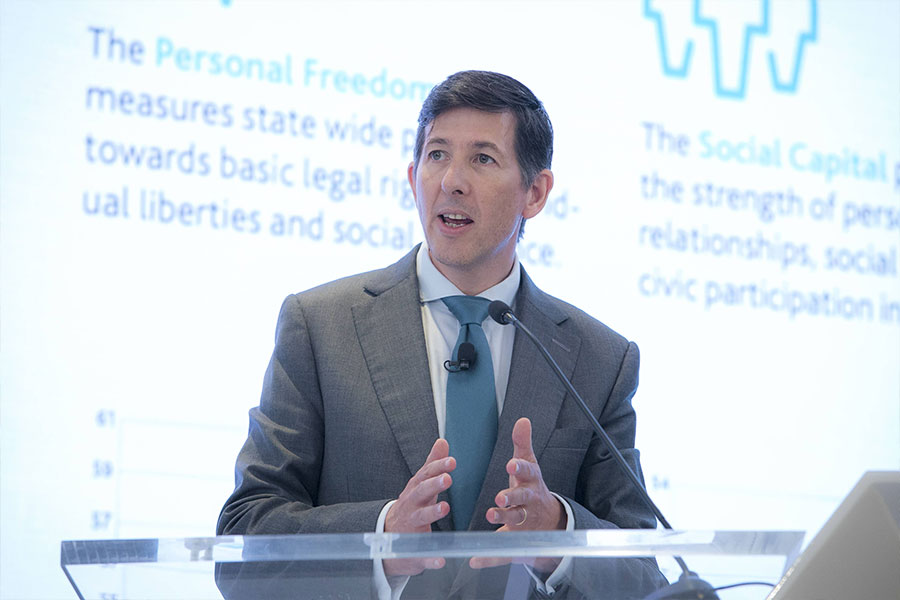
Exclusive Interviews | Oct 09,2021
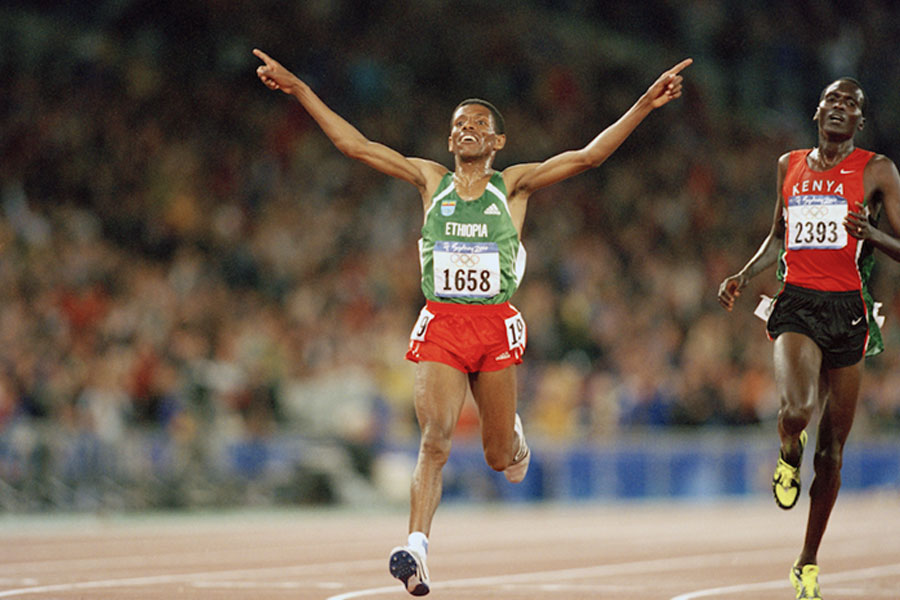
View From Arada | Aug 27,2022
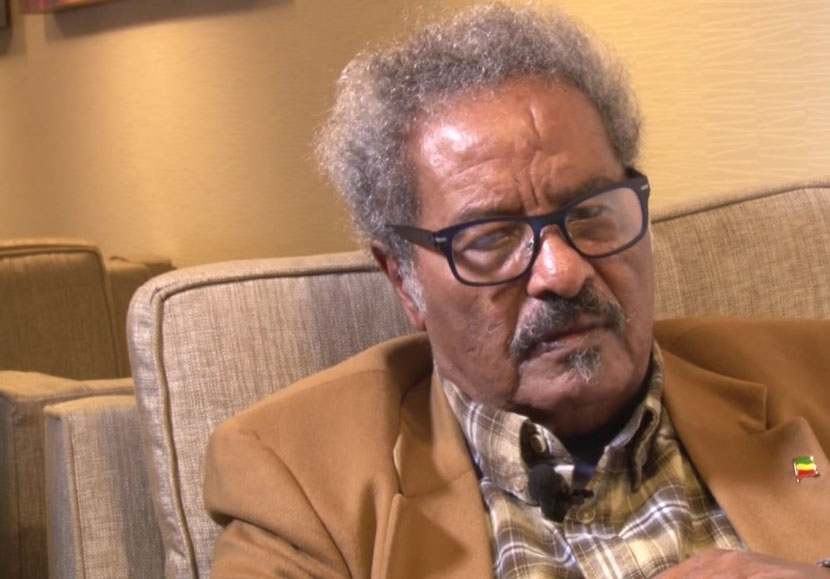
Verbatim | Nov 17,2018

Editorial | Dec 04,2020

Viewpoints | Jul 25,2020

Viewpoints | Jan 05,2019
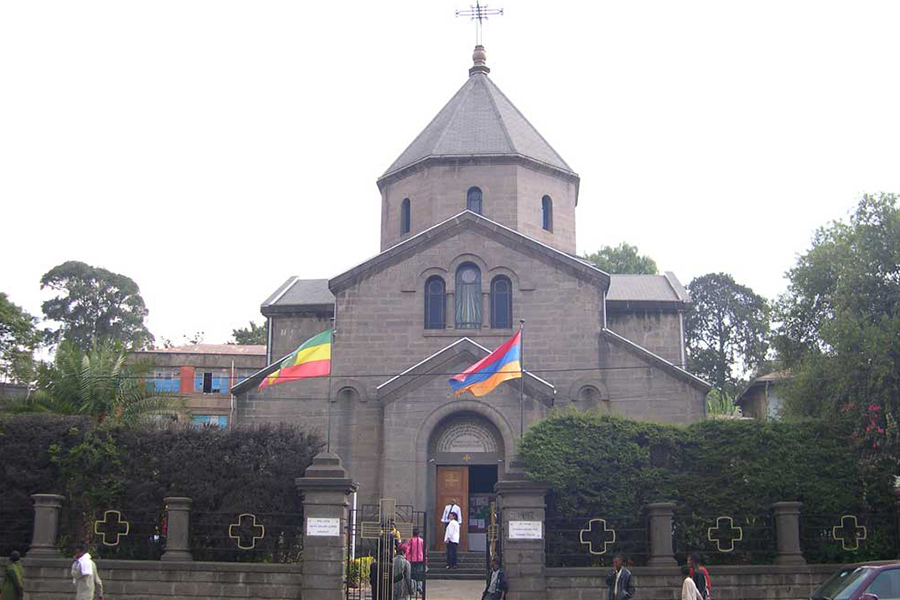
View From Arada | Apr 26,2025

My Opinion | 131819 Views | Aug 14,2021

My Opinion | 128203 Views | Aug 21,2021

My Opinion | 126147 Views | Sep 10,2021

My Opinion | 123767 Views | Aug 07,2021

Dec 22 , 2024 . By TIZITA SHEWAFERAW
Charged with transforming colossal state-owned enterprises into modern and competitiv...

Aug 18 , 2024 . By AKSAH ITALO
Although predictable Yonas Zerihun's job in the ride-hailing service is not immune to...

Jul 28 , 2024 . By TIZITA SHEWAFERAW
Unhabitual, perhaps too many, Samuel Gebreyohannes, 38, used to occasionally enjoy a couple of beers at breakfast. However, he recently swit...

Jul 13 , 2024 . By AKSAH ITALO
Investors who rely on tractors, trucks, and field vehicles for commuting, transporting commodities, and f...

Jul 5 , 2025
Six years ago, Ethiopia was the darling of international liberal commentators. A year...

Jun 28 , 2025
Meseret Damtie, the assertive auditor general, has never been shy about naming names...

Jun 21 , 2025
A well-worn adage says, “Budget is not destiny, but it is direction.” Examining t...

Jun 14 , 2025
Yet again, the Horn of Africa is bracing for trouble. A region already frayed by wars...

Jul 6 , 2025 . By BEZAWIT HULUAGER
The federal legislature gave Prime Minister Abiy Ahmed (PhD) what he wanted: a 1.9 tr...

Jul 6 , 2025 . By YITBAREK GETACHEW
In a city rising skyward at breakneck speed, a reckoning has arrived. Authorities in...

Jul 6 , 2025 . By NAHOM AYELE
A landmark directive from the Ministry of Finance signals a paradigm shift in the cou...

Jul 6 , 2025 . By NAHOM AYELE
Awash Bank has announced plans to establish a dedicated investment banking subsidiary...